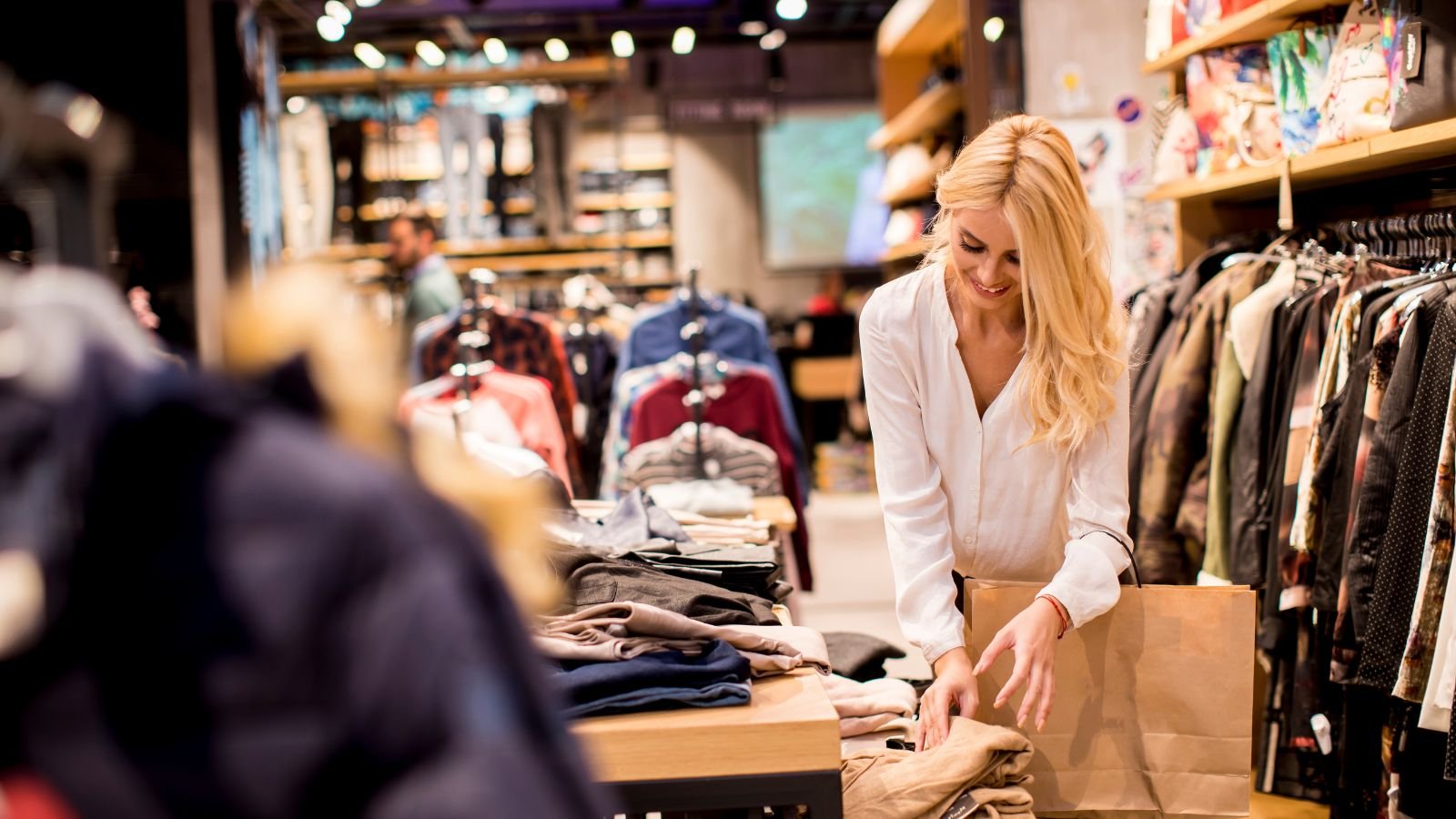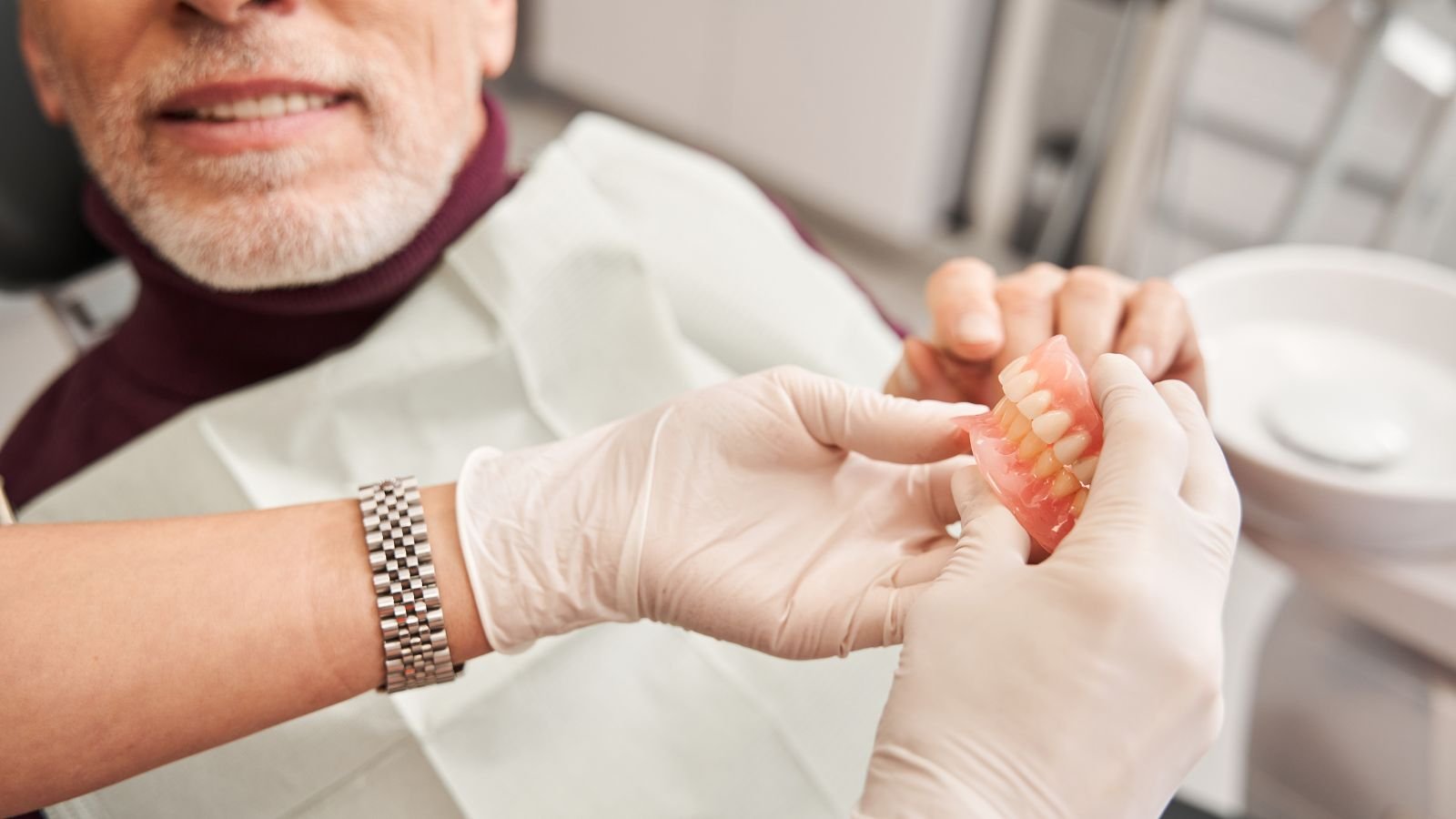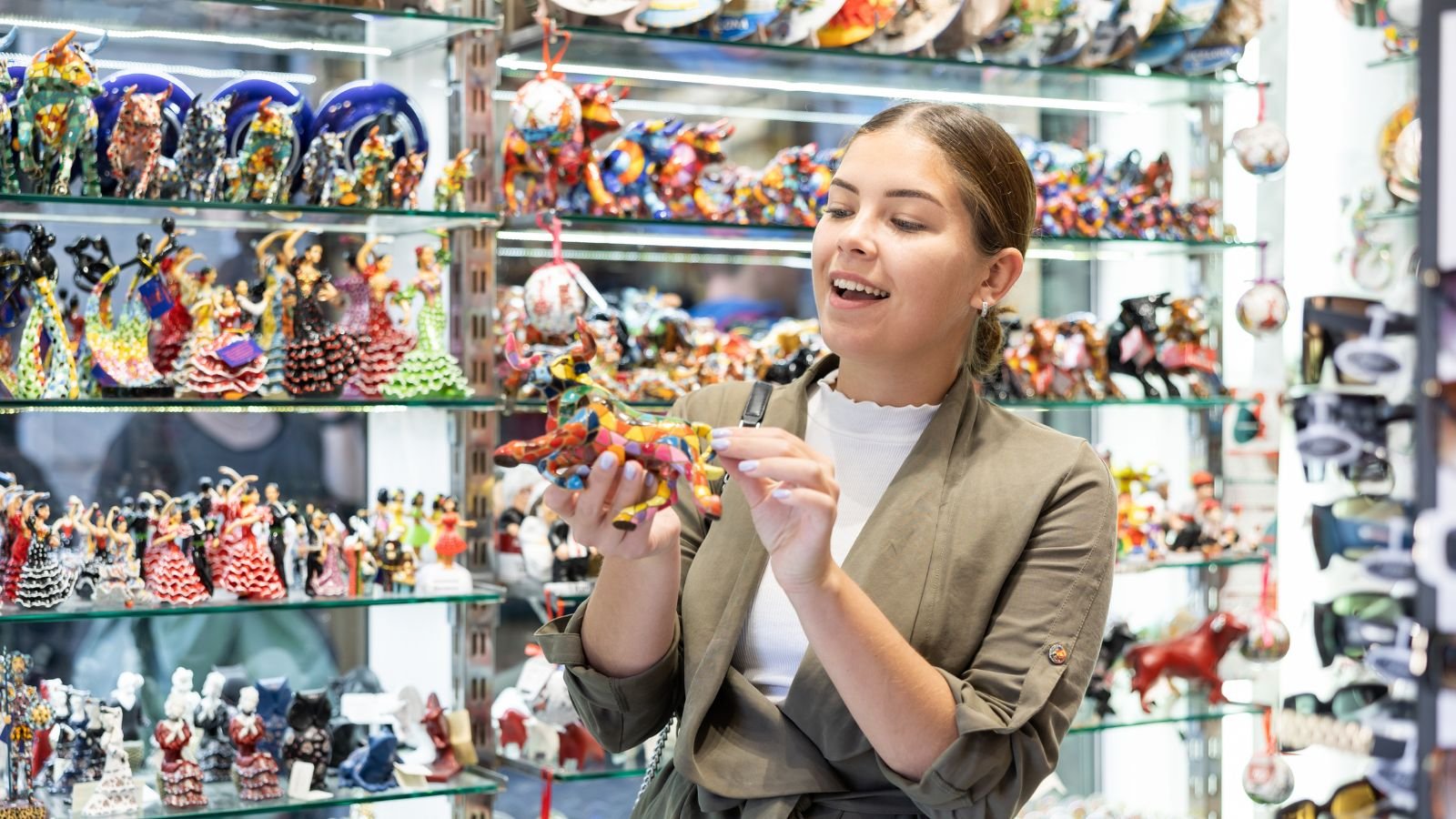With approximately 1.8 million individuals incarcerated in 2023, the United States has the highest prison population in the world. As part of their rehabilitation programs, many prisoners produce a variety of everyday goods. These programs allow inmates to learn new skills and contribute to society in return for a nominal pay.
We have compiled a list of everyday products made by prisoners in America based on research from various online forums.
Food

American inmates produce more everyday foods than you can imagine. From Target and Walmart to Costco and Whole Foods, the biggest grocery chains receive supplies from American prisons. Crops, livestock, and other food items raised or grown on prison farms are sold in the open market. Fast food chains also play an important role in buying food products like processed ground meats from prison and selling them to the common people.
Art

There are various prisons where the inmates get a chance to sell their art. Prisons across America feature programs where the inmates create different forms of art. From paintings to pottery to poetry, they cover various forms of art. Once they finish creating the art they want to create, they get to sell them in online stores.
Branded Clothes

The clothes we wear come from the prison as well, sometimes. While it is not one of their key tasks in prison, many prisoners toil to produce garments in prison workshops. Various supply chains of major brands in the FMCG category send pre-cut pieces to prisons, where the inmates assemble the clothing items and give them shape. The clothes are then turned into uniforms and everyday wear.
Military Jackets

Much like uniforms, prisoners in America also produce jackets for the military. Several inmates labor every day to create military jackets and police vests from scratch. UNICOR, a government-owned corporation, employs prisoners for this job. They are paid hourly rates of 23 cents to $1.15. By partnering with UNICOR, the government saves up on clothing expenses. The corporation also helps reduce prison misconduct by inmates. They even create helmets and other defensive armor for the police and military.
Furniture

Prison inmates leave their mark on furniture ranging from wooden benches and tables you use at the park, to office equipment you see and use every week. Many government agencies purchase furniture made by incarcerated individuals, which they use for public places like parks. However, private companies also sometimes buy such furniture to keep the cost price of the items low.
Caskets

American prisoners used to be buried in cardboard boxes. That changed when they started sharpening their craft in making wooden caskets. Whether they are incarcerated for life or serving a sentence for a few years, prisoners produce wooden caskets for themselves, as well as for the public. The ones made for the public are sold to them, from which the inmates and their families profit.
Books in Braille

The prisoners in America are adept at writing textbooks for blind students, as well. Since 2001, the American Printing House for the Blind has voluntarily employed thousands of inmates to create high-quality braille textbooks for such students. Not only has this given the prisoners a sense of purpose, but it has also significantly improved the quality of life that these students lead.
Dental Plates

Even making dental plates in a dental clinic set up in prison has not been off-limits for inmates. Several patients with a low income often can not afford to visit dentists for regular check-ups. Inmates in Kansas, on behalf of the Kansas Association for the Medically Underserved, create dentures for such patients. Female inmates have mostly been employed to work on these dentures.
Gift Items

On one hand, prisons in America are filled with some of the most notorious criminals. On the other hand, there are inmates who create various items that make way to gift shops. Cups and bowl sets, music boxes, paperweights, and similar household items that we buy for gifting purposes, are often made out of American prisons. In fact, there are prisons where prisoners create greeting cards that we buy from local stores.
Soaps and Shampoos

The supply chains mostly outsource everyday hygiene products. However, these are often outsourced from prison, with the convicts working for hours to create these items. Soaps, shampoos, brushes, and other hygiene products are sold from the prison to different stores at a very cheap rate. This helps the government save money, and the selling prices of these items are kept within an affordable limit, as well.
Product Packages

The items we use every day – whether they are for decoration or necessity, get their packages from prison labor. Ranging from packages for electronic gadgets, packages for cafes, and even the simplest of glass sets, are made by the prisoners. With wages lower than the minimum wage, the government churns out a lot of work for the general public in exchange for very little money.
Caps

If you treasure the caps you buy to support your favorite baseball teams, rest assured, that some of those caps are results of prison labor. While UNICOR employs hundreds of prisoners to produce hats and caps for customers of the state, it also sells these caps to the general public. The products are not only limited to baseball caps, as there are a variety of accessories that are produced.
